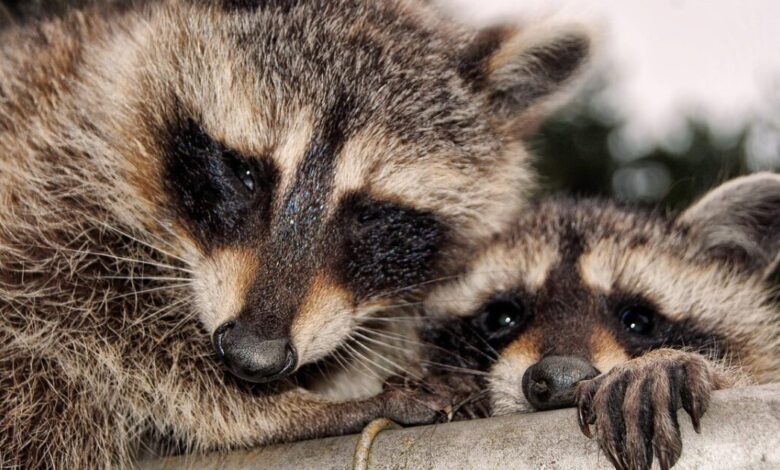Raccoon-Proofing Your Home: Everything You Need to Know

While raccoons may appear adorable, they can become a homeowner’s worst nightmare when deciding to make a home from one’s property. These curious animals can claw up sheetrock and insulation, chew electrical wiring, remove shingles, and dig in gardens and lawns. Fortunately, there are less toxic and more humane methods of discouraging them and preventing costly damages. This article will guide you in identifying signs of raccoons and keeping them from invading your compound using pest control in Ashburn.
Signs That Raccoons Are on Your Property
- Droppings: Raccoon feces are typically between 2 and 3 inches in size and are shaped like a tube.
- Property Damage: Your house’s outer walls or roof could show signs of wear and tear, such as surface scratch marks, rips, or holes.
- Nighttime Noise: Raccoons are nocturnal animals and can vocalize with snarls, hisses, and chattering.
- Nesting Materials: Most raccoons make beds by the camouflage location of where they hide using sticks, leaves, and bits of paper.
- Food Mess: These animals chew food and drop leftovers on the floor where they have always laid down.
- Footprints: These tracks resemble little human handprints, and there are impressions of raccoon claws.
- Claw Marks: You may find claw marks on wooden piles or stumps, trees, or decks.
- Trash Scattered Around: If garbage is ever thrown all over your property, raccoons must be to blame.
- Attic Sounds: Any noise from your attic or crawl space could be caused by raccoons.
- Flickering Lights or Chewed Wiring: If your lamps or lights are blinking, it might be because raccoons have nibbled power cables, causing an electrical hazard.
Why Do Raccoons “Wash” Their Food?
Raccoons are always seen dropping their food into the water if there is water around. It is not exactly cleanliness but more of a belief that they wash their hands to feel their food with their feet. It makes sense that by having sensitive paws, they are thus able to determine what part is safe for consumption and what part is not, especially when fishing from rivers or streams. However, raccoons do not care whether they must ‘wash’ depending on their food, an important factor that raccoons can do without water.
Tips to Keep Raccoons Out
Block Hiding Spots
- Raccoons seek dark, hidden places to nest. Common spots include under decks, porches, or hollow trees. To prevent them from entering your home, cover any gaps around your porch or deck with wire mesh. Also, fill or cover tree holes where they might hide.
Keep Your Yard Clean
- Raccoons eat almost anything, from fruits and nuts to insects and small animals. Clean up fallen fruits, seeds, and birdseed to reduce food sources. Regularly rake leaves and trim the lawn. A tidy yard is less appealing for raccoons.
Close Your Garage and Remove Attractants
- Garages are warm, dark, and sometimes stocked with food or shelter, like firewood. Keep the garage door properly closed when it is not in use. Remove any food, pet supplies, seeds, or other items raccoons might smell and investigate.
Add Chimney Caps
- Raccoons are skilled climbers and can access your roof, even through the chimney. Install chimney caps to keep them out. Also, trim any tree branches near your roof to block their climbing routes.
Seal Garbage Cans
- Raccoons love the smell of trash. Rinse food containers before discarding them, and use strong, sealed bags. Clean your garbage cans regularly to remove odors and make them less tempting.
Use Bungee Cords on Trash Cans
- Raccoons easily tip over loose garbage lids. Secure the lid tightly with bungee cords to keep them out. They’llIf they can’t access the trash, they’ll search elsewhere for food.
Get Help if Needed
- If raccoons keep returning, contact a wildlife control expert. They can safely remove them and help you set up effective prevention measures.
Conclusion
By now, you should have a pretty clear idea about how to spot raccoons in your home. To ensure they are permanently evacuated, a pest evacuation service should be used.
References:

